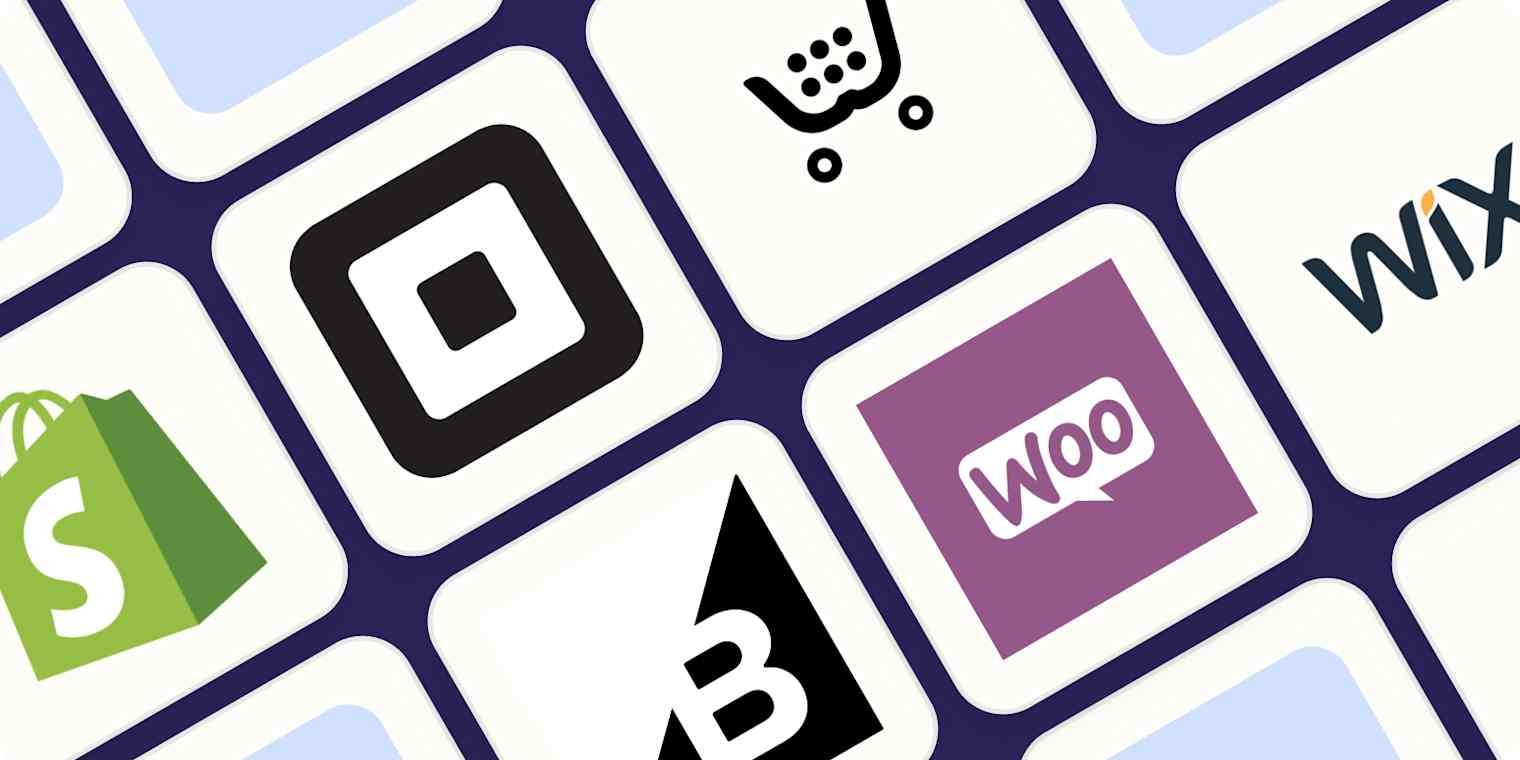In 2025, the e-commerce landscape is still booming, which makes it crucial for small and medium-sized businesses (SMBs) to select the right platform for building or expanding their online presence. Here’s an in-depth look at the six top e-commerce platforms for SMBs, showcasing their features, advantages, and what makes them unique.
1. Shopify
The Go-To E-Commerce Giant for SMBs
Shopify remains one of the most popular platforms for SMBs, offering an intuitive interface and powerful features to help businesses of all sizes succeed.
Key Features:
- Easy-to-use drag-and-drop store builder.
- Extensive app store for customizations.
- Secure and fast payment gateway integrations.
- Multi-channel selling (social media, marketplaces, etc.).
Why Choose Shopify:
Shopify is perfect for SMBs looking for scalability and simplicity. Whether you’re a solo entrepreneur or managing a growing team, Shopify’s tools can handle your needs effortlessly.
Best For:
Product-focused businesses seeking a robust and scalable solution.
2. WooCommerce
The WordPress Powerhouse
WooCommerce is a free plugin for WordPress that transforms your site into a fully functional online store. It’s an excellent option for SMBs that already have a WordPress site or prefer open-source flexibility.
Key Features:
- Completely customizable.
- Wide range of plugins and themes.
- SEO-friendly tools.
- Supports a variety of payment gateways.
Why Choose WooCommerce:
For SMBs wanting total control over their e-commerce store’s design and functionality, WooCommerce provides unmatched flexibility at a lower cost compared to fully hosted platforms.
Best For:
Tech-savvy businesses with existing WordPress expertise.
3. Squarespace
A Design-First E-Commerce Solution
Known for its stunning templates, Squarespace is an excellent choice for SMBs that prioritize branding and visual appeal.
Key Features:
- Elegant and modern design templates.
- Built-in SEO and analytics tools.
- Simple inventory management.
- Integrated blogging functionality.
Why Choose Squarespace:
If you’re an SMB in a creative field (e.g., fashion, art, or design), Squarespace’s sleek visuals can help your products shine. It’s ideal for branding-focused entrepreneurs.
Best For:
Design-centric businesses needing an all-in-one platform.
4. Wix
User-Friendly and Versatile
Wix is a highly versatile platform offering a mix of design flexibility and e-commerce functionality, making it ideal for SMBs with little to no technical experience.
Key Features:
- Drag-and-drop website builder.
- Built-in e-commerce tools and templates.
- Integrated marketing solutions (email, SEO, social ads).
- Low-cost entry plans for startups.
Why Choose Wix:
Wix’s easy-to-use interface and budget-friendly pricing make it a great option for startups and small businesses looking to get online quickly without breaking the bank.
Best For:
New business owners seeking simplicity and affordability.
5. Square Online
Seamless Integration with Offline Sales
Square Online is a natural choice for SMBs already using Square’s point-of-sale (POS) system. It seamlessly integrates online and offline sales, making it perfect for retailers and restaurants.
Key Features:
- No upfront fees to start.
- Syncs with Square POS for inventory and sales tracking.
- Mobile-friendly designs.
- Simple setup for beginners.
Why Choose Square Online:
Square Online is perfect for businesses transitioning from brick-and-mortar to online or managing hybrid sales channels. Its POS integration is second to none.
Best For:
Retailers and restaurants seeking easy online-offline integration.
6. BigCommerce
Advanced Features for Growing SMBs
BigCommerce offers enterprise-grade functionality at an SMB-friendly price, making it a powerful choice for businesses ready to scale.
Key Features:
- Unlimited products, file storage, and bandwidth.
- No additional transaction fees.
- Multi-channel selling capabilities.
- Advanced SEO tools and customizable designs.
Why Choose BigCommerce:
If your SMB has ambitious growth plans, BigCommerce provides the tools to handle complex product catalogs, large traffic volumes, and international expansion.
Best For:
Scaling businesses that need advanced features and growth-focused tools.







